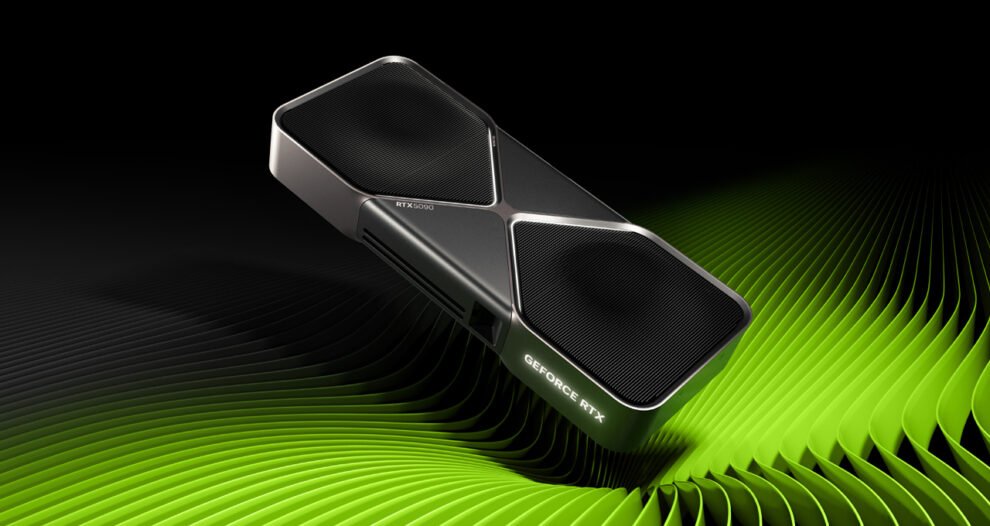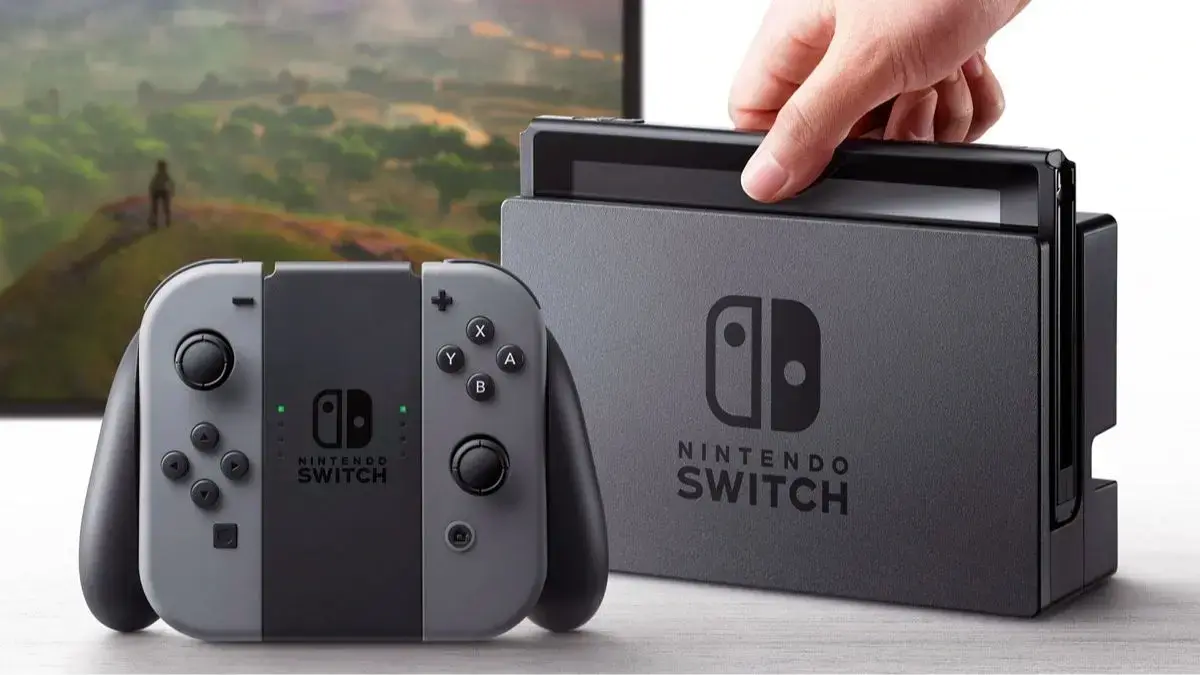Nvidia is considering a new strategy: selling its top-tier GeForce RTX 5080 and 5090 graphics cards directly to consumers. This potential shift could bypass traditional retailers and e-tailers. A form on Nvidia’s website is reportedly gauging consumer interest in such a program. This move could significantly alter the GPU market dynamics.
Currently, gamers and PC builders purchase graphics cards through various channels. These include online retailers like Amazon and Newegg, brick-and-mortar stores such as Best Buy, and system integrators who bundle GPUs with complete PCs. Nvidia primarily works with these partners, supplying them with GPUs for resale. Direct sales would establish a new channel.
The form circulating online asks potential buyers about their interest in purchasing high-end RTX 50-series cards directly from Nvidia. It collects information about preferred card models and willingness to participate in a direct purchase program. This suggests Nvidia is in the exploratory phase, gathering data before committing to a full-fledged direct sales model.
Several factors could be driving Nvidia’s interest in direct sales. One possibility is control over pricing. The GPU market has experienced significant price fluctuations in recent years, often driven by shortages and reseller markups. Direct sales could allow Nvidia to set prices and potentially stabilize them, offering consumers more predictable costs.
Another factor could be improved customer relationships. Direct interaction with consumers would provide Nvidia with valuable feedback and insights into customer preferences. This data could inform future product development and marketing strategies. Direct sales could also enable Nvidia to offer better customer support for its high-end products.
Furthermore, direct sales could offer Nvidia a larger share of the revenue. Bypassing retailers eliminates the middleman markup, potentially increasing Nvidia’s profit margins. This could be particularly appealing for high-end cards like the RTX 5080 and 5090, which command premium prices.
However, direct sales also present challenges. Nvidia would need to establish the infrastructure for handling individual customer orders, shipping, and returns. This would require significant investment in logistics and customer service. The company would also compete with its existing retail partners, potentially straining those relationships.
The potential impact on the market is significant. If Nvidia proceeds with direct sales, other GPU manufacturers might follow suit. This could lead to a restructuring of the entire GPU distribution network. Smaller retailers and e-tailers could face increased competition, potentially impacting their business models.
It remains unclear when, or if, Nvidia will launch a direct sales program. The company has not officially commented on the circulating form or its intentions. The information currently available is based on anecdotal evidence and user reports. Further details are needed to confirm the scope and specifics of any potential direct sales initiative.
The GPU market is constantly evolving. Nvidia’s exploration of direct sales reflects this dynamic nature. Whether this move becomes a reality remains to be seen. However, it signals a potential shift in how high-end graphics cards reach consumers, potentially reshaping the market for years to come.










Add Comment